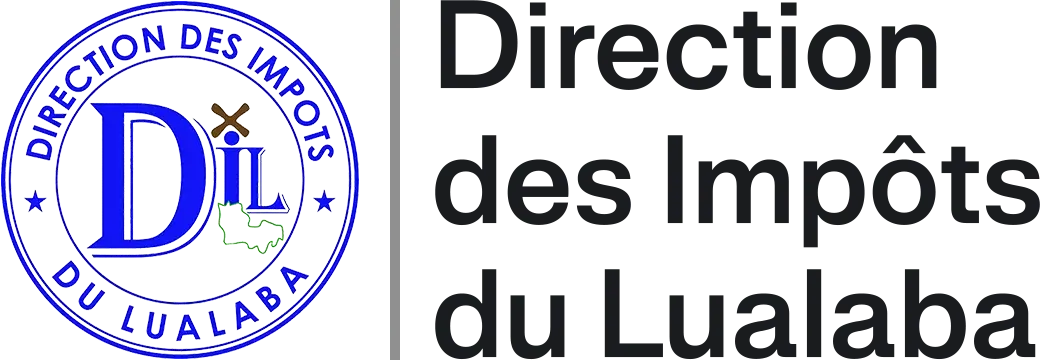1. Commitment to the Public Interest
The Lualaba Tax Directorate operates in the service of the general interest. All staff must perform their duties with a profound sense of responsibility toward the public good, ensuring that every action contributes to the fair distribution of tax burdens, the promotion of social justice, and the funding of essential public services. Public resources must never be misused for personal or political gain.
2. Integrity and Honesty
Integrity is the foundation of public trust. DIL agents must demonstrate the highest standards of honesty in all professional dealings. No staff member shall solicit, accept, or offer bribes, gifts, or any form of improper advantage in exchange for preferential treatment. Conflicts of interest must be disclosed and managed promptly and transparently. Decisions must be based solely on objective, verifiable facts and in full compliance with applicable laws and procedures.
3. Confidentiality and Protection of Taxpayer Information
Respect for the confidentiality of personal, financial, and business information is a fundamental ethical obligation. All employees are strictly prohibited from disclosing, using, or exploiting taxpayer data for unauthorized purposes. Confidential information acquired in the course of official duties must be securely stored, accessed only on a need-to-know basis, and used exclusively for lawful administrative and fiscal purposes.
4. Impartiality and Non-Discrimination
Tax administration must be applied uniformly to all citizens and entities, regardless of status, wealth, origin, religion, political affiliation, or any other distinguishing characteristic. DIL personnel must act impartially in every case, applying the law consistently and fairly. All taxpayers have the right to be treated with equal respect and dignity, without favoritism or prejudice.
5. Accountability and Professionalism
All employees of the DIL must be fully accountable for their actions and decisions. They are expected to perform their roles with professionalism, competence, and diligence. This includes complying with legal procedures, respecting institutional hierarchies, meeting deadlines, and continuously improving their technical knowledge. Errors must be acknowledged and corrected promptly, and all administrative actions must be properly documented and traceable.
6. Transparency and Communication
The Directorate is committed to transparency in its policies, operations, and decisions. Information regarding taxpayer rights, procedures, obligations, and rates must be clearly communicated to the public. Agents must respond to inquiries in a timely and respectful manner and promote access to accurate, complete, and understandable information. Transparency also involves publishing periodic reports, audit results, and performance indicators that promote accountability.
7. Prevention of Corruption and Fraud
DIL maintains a zero-tolerance policy for corruption, fraud, and embezzlement. Staff must be vigilant in identifying suspicious activities and must report any unethical behavior or illegal practices through appropriate channels. Training in anti-corruption, ethics, and whistleblower protection is regularly provided. Internal controls, audits, and risk assessments are deployed to detect, prevent, and address misconduct or abuse of power.
8. Leadership and Ethical Culture
The leadership of the Directorate has the duty to exemplify ethical behavior and to foster a culture of integrity throughout the institution. Supervisors must lead by example, promote ethical awareness, and support employees who act in accordance with the Code. Any form of retaliation against employees who raise legitimate ethical concerns is strictly forbidden.
9. Service Orientation and Civic Responsibility
Every interaction with a taxpayer is an opportunity to build public trust. DIL agents must treat citizens with courtesy, patience, and respect, providing clear explanations of procedures and offering support to those with limited knowledge of tax matters. The Directorate also commits to civic education by promoting tax literacy and the importance of taxation in national and provincial development.
10. Compliance and Enforcement
Adherence to this Code of Ethics is mandatory. Any breach may result in disciplinary measures, including reprimand, suspension, or termination, depending on the severity of the violation. A dedicated Ethics and Compliance Office may investigate alleged breaches and issue recommendations for corrective action.
Final Statement
The Code of Ethics reflects the fundamental values of the Lualaba Tax Directorate: Integrity, Impartiality, Accountability, Transparency, and Public Service. Every employee is expected to internalize and apply these principles in the execution of their duties. Upholding this Code not only protects the reputation of the institution but also reinforces its credibility as a pillar of good governance and fiscal justice.
